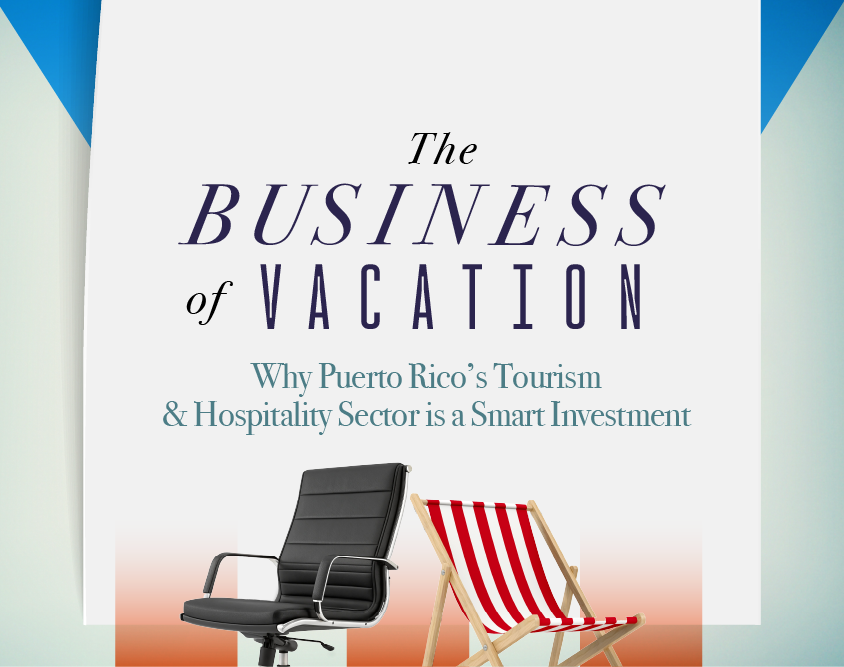
At Invest Puerto Rico, our mission is clear: to position Puerto Rico as a premier destination for investment and business attraction. The rapidly evolving global economic landscape demands immediate attention as we pursue this. Introducing the Global Minimum Tax (GMT) represents a moment that could redefine our competitive edge. We must act urgently and precisely to adapt to these new international standards to ensure Puerto Rico maintains and strengthens its position in the global market.
The GMT, spearheaded by the Organization for Economic Co-operation and Development (OECD), introduces a 15% minimum tax rate on profits for multinational companies with significant global revenues, aiming to create a fairer tax environment worldwide. For Puerto Rico, this is not just a regulatory change; it’s a critical juncture that demands immediate action to leverage this new framework to our advantage and safeguard our economic future.
For this reason, it is in Puerto Rico’s best interest that key stakeholders responsible for shaping public policy collaborate to ensure that our tax incentives remain world-class to retain and attract multinational companies that are so important to our economy.
Supporting a Thriving Manufacturing Sector
Puerto Rico has long been a powerhouse in the manufacturing sector, particularly in the biopharmaceutical and medical device industries. For over 70 years, our island has maintained excellence in these fields, contributing 46.3% of the Island’s total economy and supporting over 85,000 direct jobs. It has helped the island become the largest exporter of biopharmaceuticals to the United States.
Besides our talented workforce, world-class infrastructure, and strategic location, our competitive tax incentives have also been a significant factor in driving multinational companies to Puerto Rico and establishing the island as a preferred business destination for companies seeking to innovate and grow. These incentives have played a crucial role in attracting and retaining major players in our economy.
However, with the introduction of GMT, many of these companies could be subject to paying taxes in other countries on profits generated in Puerto Rico, which could impact their local operations. If Puerto Rico does not act to mitigate the potential effects of GMT, we risk jeopardizing the factors that make our island an attractive investment destination. This could lead to reduced investment, lower economic activity, and a negative impact on employment levels in our manufacturing sector.
Puerto Rico could instead leverage this situation to fortify its incentive and tax policy. By doing so, Puerto Rico can remain compliant with international standards and demonstrate our commitment to fostering a competitive and sustainable business environment that offers stability and predictability to investors, which are critical factors in investment decisions. This alignment also supports our efforts to attract businesses prioritizing long-term growth and development over short-term gains.
Furthermore, integrating the GMT into our economic strategy allows us to introduce targeted incentives, such as refundable tax credits for companies that maintain robust employment levels and invest in research and development. These incentives will enhance our attractiveness as a destination for high-value investments, fostering innovation and economic diversification. With the additional fiscal revenues generated, new credits and other incentives can be created to ensure that the GMT has a neutral or positive impact on the affected multinationals in Puerto Rico.
Strengthening Puerto Rico’s Global Positioning
Adapting to the GMT is a strategic move that fits seamlessly into the island’s investment attraction strategies and broader goals. It reinforces our commitment to being a forward-thinking economy well-aligned with global standards. By embracing this change, Puerto Rico is protecting its current economic interests and positioning itself as a leader in a new era of global economic policy.



